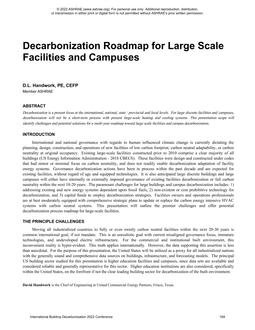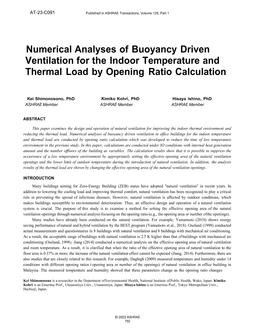
LV-22-C018 – Expanding the Role of Energy Codes to Meet Generational Shifts
Click here to purchase
Pressures on building designers are rapidly shifting as renewable energy dominates new supply, as the electricity end-use consumer becomes more integrated into the energy supply structure, and as buildings become increasingly needed to shelter in place. Features of this new generation of standard design include thermal resiliency to better ensure occupant safety, comfort, and health in power outages, buildings that can operate with low or no greenhouse gas emissions, and systems that can interact with electricity grids increasingly dependent on variable renewable power. The rapid pace of change dictates that codes and standards should be developed that can ensure that these future-proofing design are widely vetted and documented to guide standard practice construction. Codes and standards can do that. This paper will consider how work underway in ASHRAE Standards 189.1, 227p, 228p and IEEE Standard 1547 as well as in market facing programs such as Passive House, is beginning to standardize some of these key changes in design practice. The paper then proposes that IECC and ASHRAE 90.1 are uniquely positioned for comprehensive regulatory strategies that engage these and other standards to meet the new challenges. By establishing measures for new construction and existing buildings in the nation’s model energy codes, these stalwart documents can ensure that buildings are designed for a paradigm most relevant to their use: not relying on the decades old energy code paradigm now on the books, but rather looking forward to meet the needs of owners, occupants, and the communities in which they are located.
Product Details
- Published:
- 2022
- Number of Pages:
- 8
- Units of Measure:
- Dual
- File Size:
- 1 file , 1.4 MB
- Product Code(s):
- D-LV-22-C018
- Note:
- This product is unavailable in Russia, Belarus

